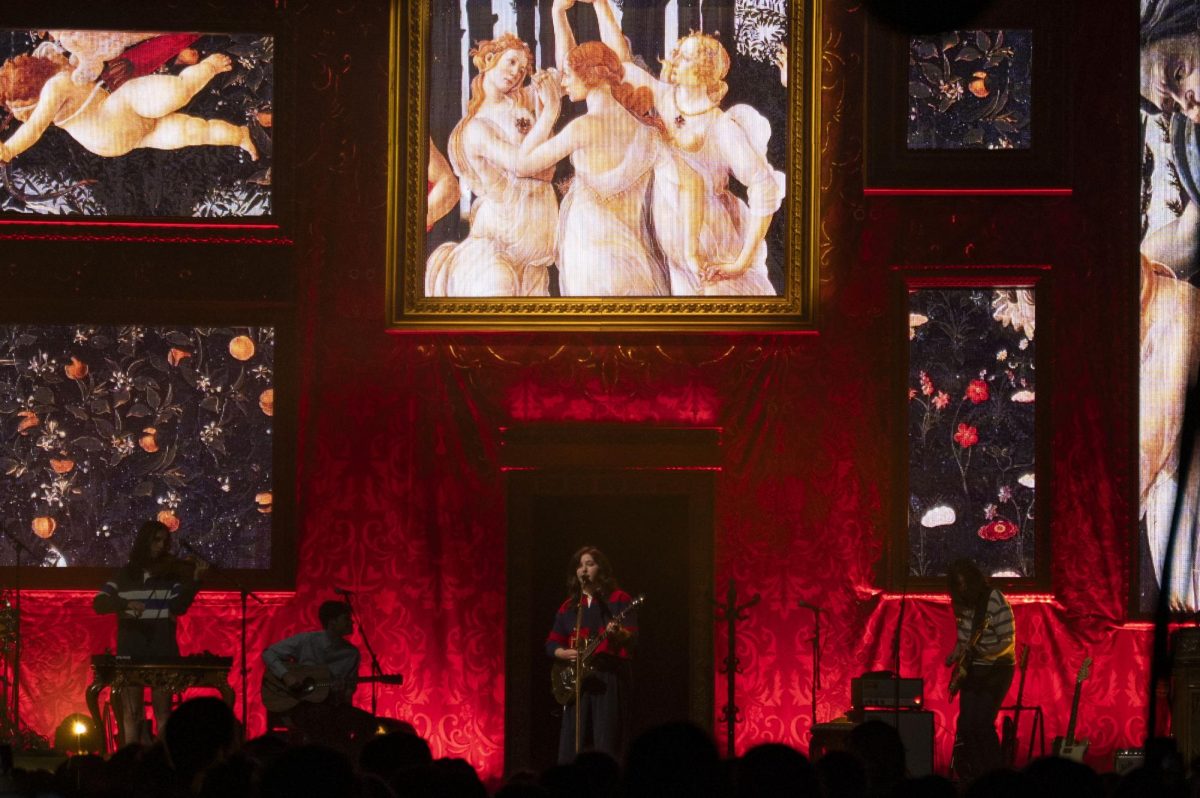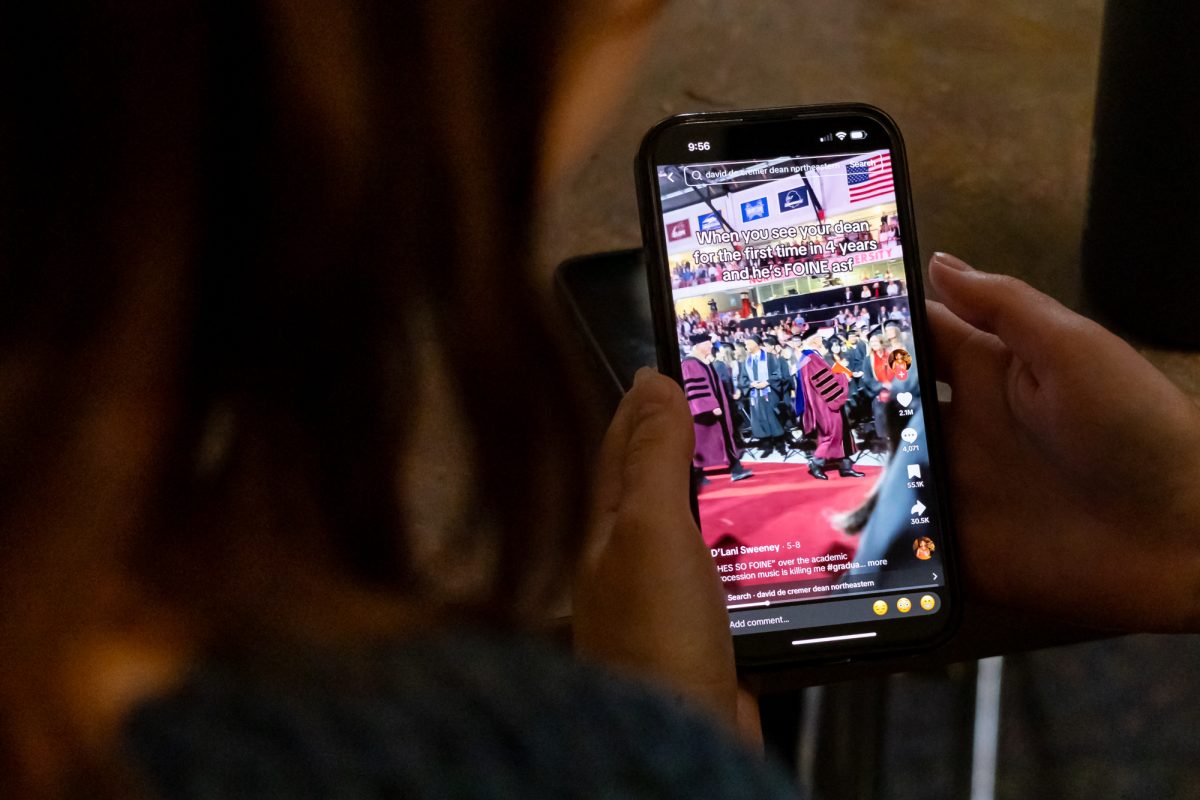Northeastern student tells tales of studying abroad in Cairo before and during the crisis

By Danielle Kruger, News correspondent
About two weeks ago, I left for Cairo, Egypt looking for the typical study abroad experience. I had no idea that a crisis was about to hit the country and cause the complete chaos that would lead to my evacuation. My preparations for the trip were longer than my actual study abroad experience. But before the turmoil began, I briefly experienced Egyptian culture like any study abroad student in a stable country might.
When I arrived in Cairo, my first culture shock was the lack of rules of the road. There were no lanes and no street lights. Basically, people drove with no regard for others on the road. I was frightened as I sat in the car thinking the driver might get into an accident.
The food was an experience in itself. The most run-down places were by far the best authentic restaurants for true Egyptian food. From shawarma to kusheri to homemade juices, everything was fresh and delicious.
Modesty is, without a doubt, one of the most important aspects of the Muslim culture. Dressing appropriately represented respect, and foreign visitors, in particular, needed to behave respectfully. Americans are known for being wild and crazy, but those terms do not really exist in Egyptian culture. For example, drinking is frowned upon, as Islam prohibits it. However, there are plenty of bars in Cairo for visitors to attend. While getting wasted is sometimes frowned upon in America, getting too drunk is more heavily scrutinized in the Egyptian culture.
Cairo was full of entertainment and nightlife. Besides bars, they had Nile cruise dinners, felucca (a wooden sail boat) rides on the Nile, and of course, the pyramids.
The most popular form of entertainment in Egypt is hookah lounges. A hookah lounge is usually outdoors and meant to be a nice relaxing place. Hookah is the pipe that you smoke from, and in it is the shisha, which is flavored tobacco. It is smoked on the street by people of all ages.
Cairo is an extremely impoverished city, but a beautiful one too. Despite the poverty, the city has become more modern in the last decade. Before the recent turmoil, Cairo was full of life and happiness. It is known in Egypt as the city that never sleeps, and it held up to it’s name.
Before the unrest, I had a wonderful time exploring the streets of Cairo and experiencing the culture first hand. However, when the unrest began, the whole atmosphere in the city changed, and tension began to build between everyone. It seemed like a completely different place than the city from days before.
The campus at American University in Cairo was put on lockdown when the protests started escalating. This was a reality check for all of us. We soon realized how bad the situation was getting, and it was a real shock to see what was happening on television. The center of the action was only about 30 minutes away. It was very hard to experience Egypt while on lockdown because I was limited in the few places I could go and what I could do.
During the unrest, I did not feel threatened or scared at all. The university made sure we were all safe by shutting down the campus and not running any of the buses. Also, the residential assistants kept us updated when they found out any information.
I was in Cairo for about a week before the campus went on lockdown and I remained there another five days before the evacuation. Northeastern called Sunday, Jan. 30 to inform me that the US Embassy recommended that American citizens leave the country on chartered planes. The next day I learned I would be able to get a flight that was scheduled to depart from Cairo Airport and land in Paris. I spent the night in Paris before I flew home.
It’s incredible knowing that I was in Egypt during a time when history was made. I am truly thankful for the experience, and although it was cut short, I hope to return one da and do everything I missed out on.








